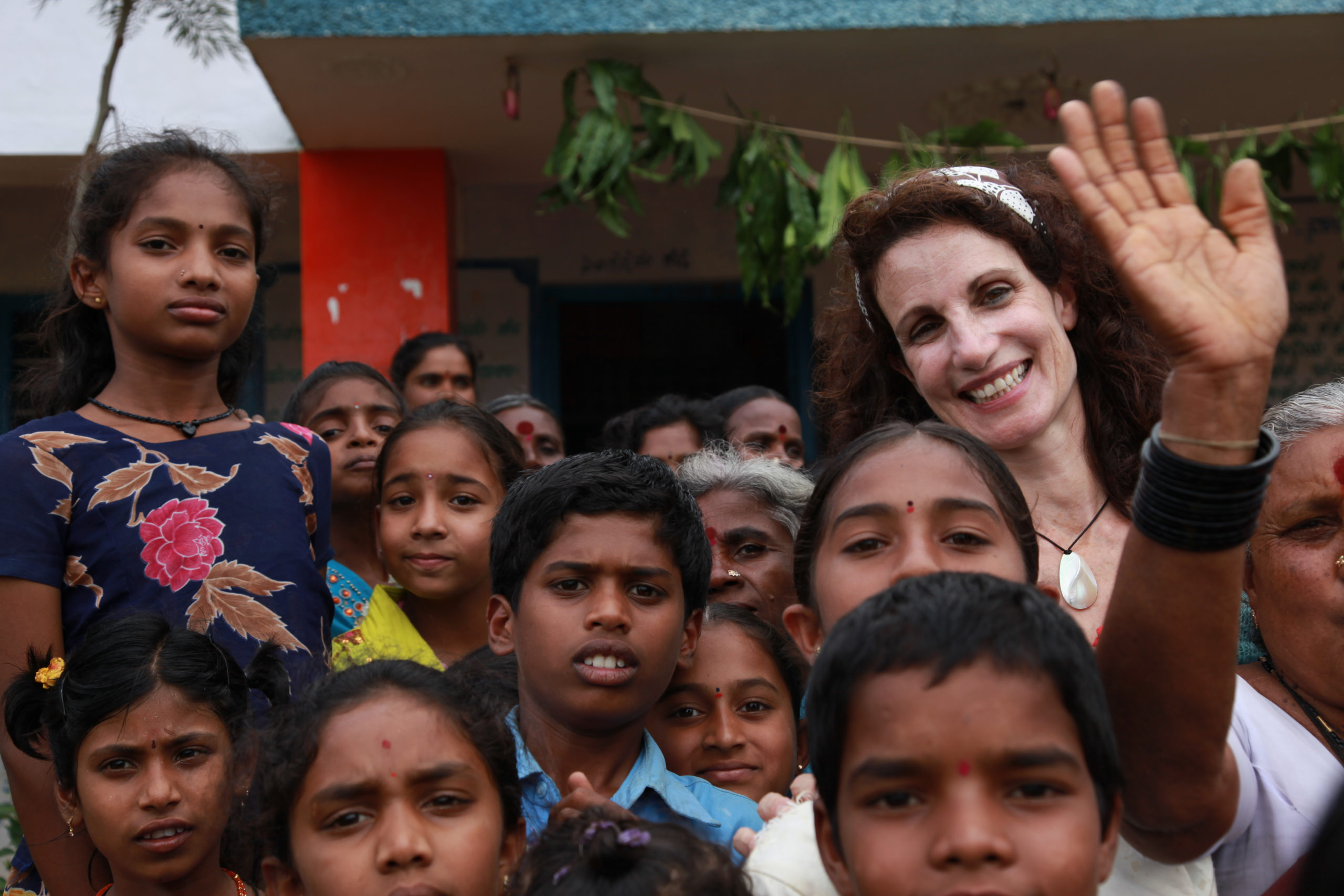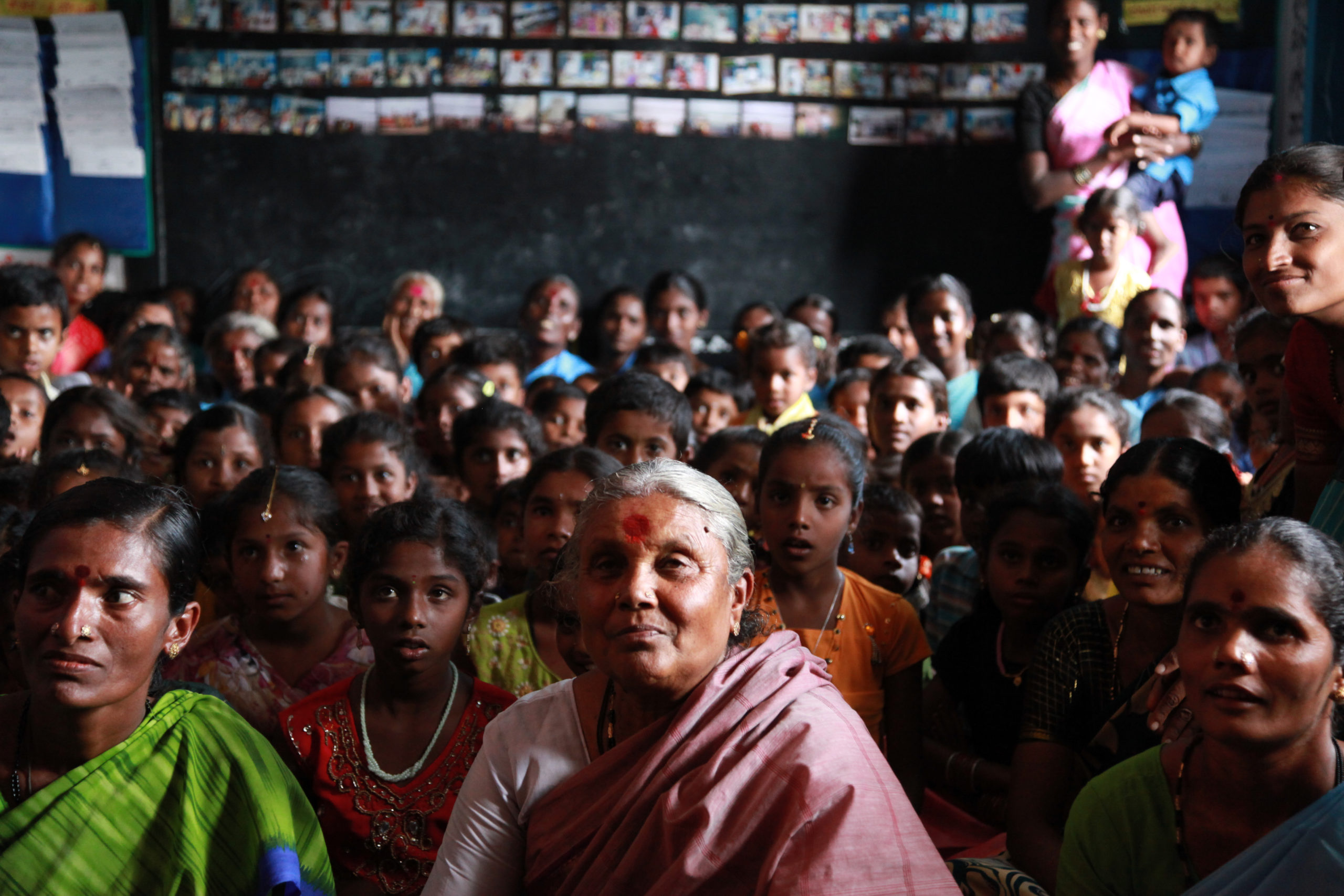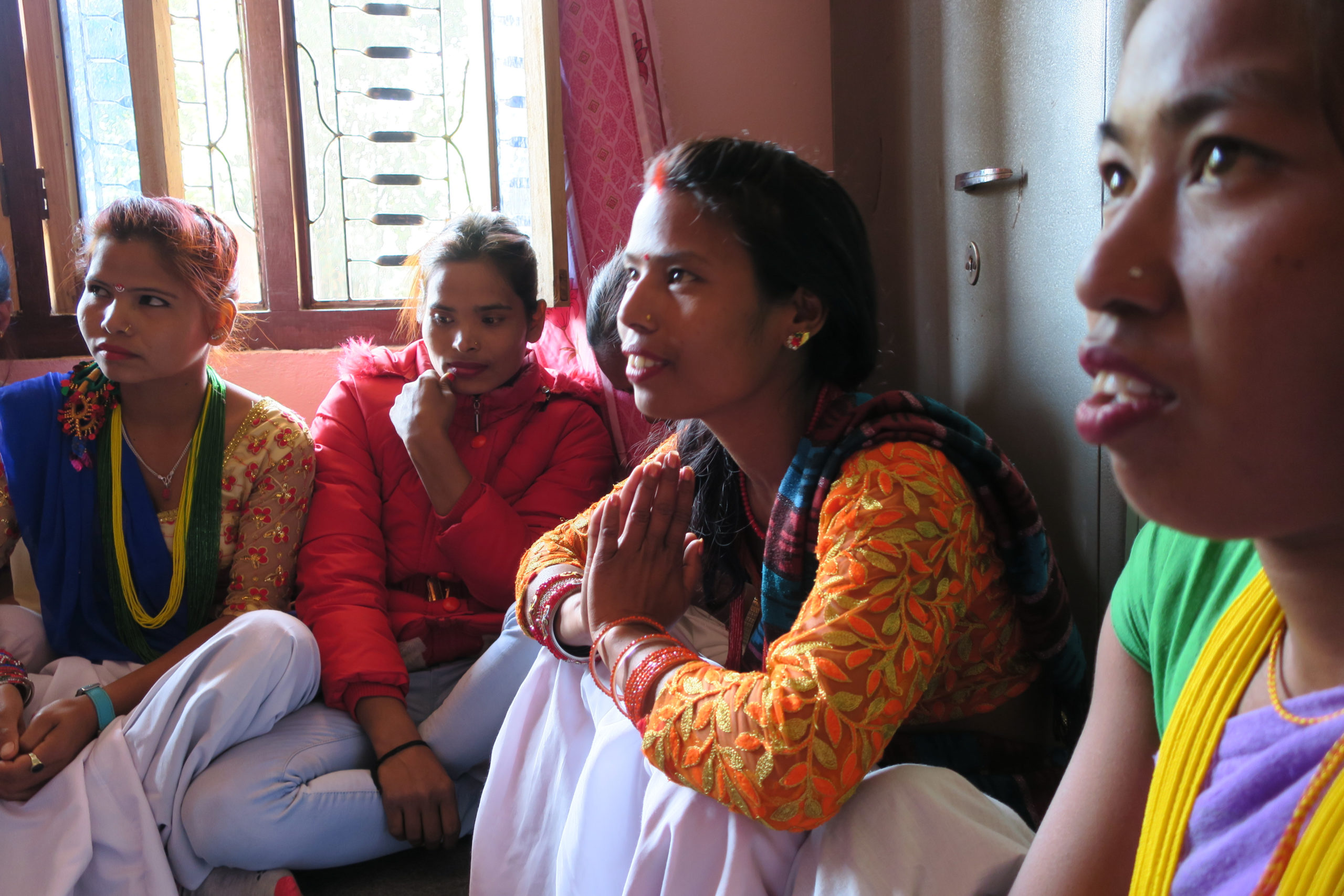Interview with Lori Barra, Executive Director, Philanthropist, and Donor
By Julia Breul and Dana Droller
At Elevate Destinations, we are taking the time to consider how we can travel better; more ethically, responsibly, and respectfully. We see donor travel for nonprofits as being deeply important, but are simultaneously aware of the complexities it can raise around power dynamics, the oversimplification of structural inequality and poverty, and the emotional intensity of some site visits. At Elevate Destinations, we support donors and organizations as they think about how to show up in site visits, both intellectually and emotionally, in a way that deepens the impact of visit and creates a positive, beneficial atmosphere for everyone involved. To help us think through how best to achieve this, we sat down with Lori Barra, photographer, philanthropist, and Executive Director of the Isabelle Allende Foundation to talk about her experience in this space and provide a donor’s perspective on how to show up for site visits.
Elevate Destinations: Can you tell us a bit about your background with the Isabelle Allende Foundation and with donor travel?
Lori: I really just fell into the NGO world. My Mother-In-Law is Isabelle Allende, Chilean author, and she came to me for some design suggestions. She asked me to help her identify a mission and set up her Foundation. I designed the website, the stationary, logo, and set up accounting services… and then Isabelle asked me to take it over. I didn’t know what I was doing at first, and almost gave up the position, but I decided to give up my design business instead and completely throw myself into the Foundation. I dove into it 150%. I started calling people – and the first person I called was Kavita Ramdas at the Global Fund for Women. The nonprofit world is so giving in comparison to the for-profit world; where everyone hides their connections and ideas. Kavita invited me to one of the first Global Fund trips to India to participate in their site visits. She was a real mentor to me in learning how this is done. Kavita taught me to show up prepared but to prepare to be surprised. Kavita demonstrates true mindfulness. She shows up so prepared to hear what the women have to tell her. She is just the best listener. That is one of the best things I learned to do early on in site visits.
At the Isabelle Allende Foundation, we now give about 60 grants a year, and we talk to all of them or visit them each year. I really feel completely committed to the work we are doing at the Foundation.
Elevate Destinations: Do you think that it’s important to prepare for a site visit and how do you prepare?
Lori: We are reading constantly. I try to read fiction based in that country to get a sense of the culture as well. In the Global Fund group, because there are people with more structure and because there were more people in the group, there are also more resources to bring in speakers to talk to us. So, we’re very prepared. We spent three weekends together – two and a half full days each – before we went to Kenya with the Global Fund for Women. We had people speak to us in person and on Zoom from all over the world. So, we were able to get a lot of what I would normally get through reading but from first-hand sources about the politics, the weather, the culture, customs, feminism through the ages in those places, and what activism looks like there these days.
Elevate Destinations: To be culturally sensitive, what do you think the most important cultural or political details are for a donor to understand in advance of a site visit?
Lori: To listen more than you speak. One thing that came up with the Global Fund that was interesting was that we had to come up with a set of rules that would guide the group. Simple things, like don’t use acronyms because they make people feel stupid – people have to ask what that acronym is and feel left out of the conversation. Another rule was to not interrupt someone when they’re talking. Someone in our group said, “I would like to ask everyone that when someone else is talking they let go of what they’re thinking of asking next.” Just to be there while the other person is talking and it’ll come back to you later, but really be present. I think that has been a key – to really be present.
Elevate Destinations: Absolutely.
Lori: And also to be aware of the visual cues you get. When you can ask a question, and when that may be violating or might make someone uncomfortable. You have to go slowly for those things, I think. Also, dressing appropriately is really important. I understand you don’t want to agree that women should have to be covered from your wrist to your ankles, but you can offend a lot of people and you’re not in your house, you are in their house. I think I learned that from my mom growing up. She always said,“if you’re at somebody else’s house, and they give you something to eat, you eat it. You don’t say “oh no, I don’t like that.” Somebody took the time to make you that food.”
It’s simple – I think manners are really important when you travel. What I’ve noticed with many people, and something that used to be hard for me before I traveled to Japan, is the idea that your individuality is not that important in this situation. What you’re going to say and how you’re going to impress them is not really important to why you are there. You are there to learn from them. I find that on site visits that the less I say, and the more I listen and absorb, the more profound the visit is.
Elevate Destinations: Yeah, I love that. I have never really heard that put into words. When you are doing site visits as a donor, or with your own Foundation, do you tend to come with questions in mind? If so, what are the most common questions that you feel like you have?
Lori: That is a good question. We have been trying to change this a little bit because the most common question is, “What are your successes and what are your challenges?” But, I often want to know why each person in the room is there. What brought them to the work? What are they personally working out? What are they finding? What is the part of what they do that nourishes them? And what is the part of what they do that is sometimes too hard to handle? We deal with pretty heavy topics at the Foundation, so I try to go into a more emotional space when talking because I already have the numbers on a piece of paper. When I set up a site visit I try my hardest to actually meet the people that they are serving. That’s the most important part for me. I really try to see the people that are being served. And if that isn’t possible because of privacy, then I try to speak to the people who are running programs but on a more emotional level.
Elevate Destinations: I like that. If you are only able to speak to the people who are running it – getting an understanding of what brought them there and what brought them to that work would be really informative.
Lori: Oftentimes, someone will say something and we’ll just go off on a topic and go from there. I always ask them what they need. You know what they need – of course they always need money – but what do they need? What do they personally need to continue doing the work that they are doing? I think a big problem in the nonprofit world is that there is not enough self-care and there is a lot of burn out and so we try to address that in our grants as well. There are groups that we have been funding for a long time that we have switched to self-care grants because we saw that they were just wiped out.
Elevate Destinations: That’s amazing that you are able to do so and provide that for them. Do you find that either the constituents or the employees of these organizations have a hard time opening up to donors? If so, do you think that there is something that the donors can do to put them more at ease?
Lori: I think it’s an attitude. More than what you say, it’s how you say it, and how you ask it. I think that not having had a full background in this, I come in less intimidating than many. I try to come in with curiosity. Rather than telling them what I’m going to do for them and how I’m going to help them, I think people really want to talk about themselves and their work and that if you ask in a way that is more open, they will be there for that. Also, I try to dress down for my site visits. I am obviously a white woman with money to give, right? So, I know that that is not going to be disguised in any way but I try not to exaggerate that part of it.
Elevate: Do you have any rules that you follow when you visit these communities, or rules that you think other people should follow? I know that you touched on that before in terms of how to prepare – dressing appropriately and listening – is there anything else?
Lori: Listening and respect. When I leave these site visits, as hard as they are, I feel a sense of being nourished and a sense of joy. And I think a lot of that is just from being present, hearing their stories, and empathizing. The site visits are all about heart connection. So, I would just say: show up with an open heart and an open mind and do your homework. Know what’s offensive and what is kind. Know if it’s okay to bring a gift, or if that’s going to make somebody feel obligated or uncomfortable. Know what an appropriate gift is. Listen to everyone in the room.
Our team found our conversation with Lori inspiring and thoughtful. An invaluable aspect of our work is to support travelers to show up to site visits in a way that they can engage with communities more meaningfully and thoughtfully. As a visitor, there is a necessity of releasing who you are in the moment and just remembering that you are a person who is there to learn, listen, and feel like you are bringing your full self to a site visit, while doing so in a way that is safe and culturally sensitive.
How do you show up for a site visit? How might you show up differently next time? We’d love to hear your thoughts about this and how you may have been inspired by Lori’s story – email your experiences with site visits to julia@elevatedestinations.com. Julia Breul is Associate Director of Social Impact Journeys and Dana Droller is Manager of Social Impact Journeys at Elevate Destinations.



